Poland says will buy second-hand US tanks
Poland says it will buy 116 used Abrams tanks from the United States in order to strengthen the country's military amid Russia’s military operation in Ukraine.
"We agreed a contract with the USA concerning the purchase on preferential terms of 116 used Abrams tanks," Polish Defense Minister Mariusz Blaszczak told public broadcaster TVP Info.
Poland has pledged to increase its defense spending by 3% of GDP (gross domestic product), also saying it would double the size of its military to deter any foreign invasion.
According to IAR news agency, the first used Abrams tanks should arrive in Poland early next year and replace more than 240 Soviet-era T-72 tanks, which Poland transferred to Ukraine in April.
Poland initially hoped to replenish its stocks with German Leopard 2 tanks, but the planned deal failed to materialize, after which Polish President Andrzej Duda in May accused Berlin of breaking its word.
Earlier this year, Poland signed a contract worth close to $5 billion to purchase 250 Abrams tanks from the United States.
Many Western countries, including EU nations, have been supplying Ukraine with heavy weapons after Russia launched a military operation against the neighboring state in late February.
Since the onset the Ukraine conflict, the European countries, which formerly used to allocate a small budget to their defense sector, have been trying to increase the budget of the army and strengthen their forces and military equipment.
Meanwhile, the amount of US arms sales and its military presence in Europe has increased.
In a meeting with NATO leaders in Madrid two weeks ago, US president Joe Biden said Washington intended to increase its forces in the land, air and sea fields throughout Europe.
He announced the deployment of 3,000 combat forces in Romania, 2 F-35 fighter squadrons in the UK and 2 naval destroyers in Spain.
The rise in military spending comes as Europe is facing critical energy shortages and a cost of living crisis.
On Friday, the general secretary of the UK's biggest private sector union warned of a "summer of discontent" over pay.
Sharon Graham said there could be hundreds of disputes involving tens of thousands of people if workers are made to "pay the price for inflation".
Yemeni security forces dismantle Saudi, British espionage network
VIDEO | Press TV's news headlines
Canada's PM Trudeau resigns, suspends parliament till March
France's former president Sarkozy on trial over 'Libyan case'
I'm undeterred in my pursuit of justice against Israeli soldiers despite threats: Lawyer
Iran embassy slams British MP’s support for Soleimani assassination
WHO calls on Israel to release Kamal Adwan Hospital director
IRGC to unveil 2 new underground missile, floating cities


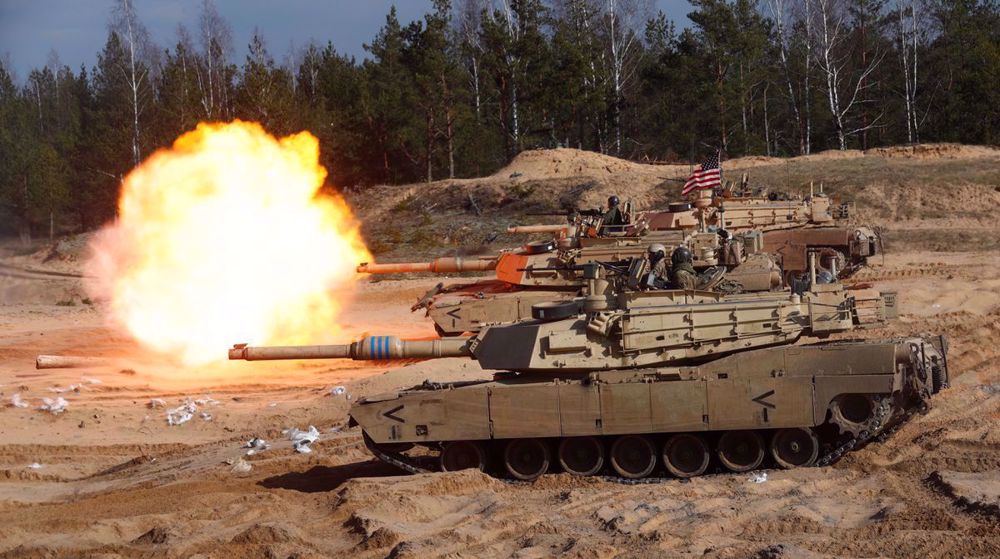
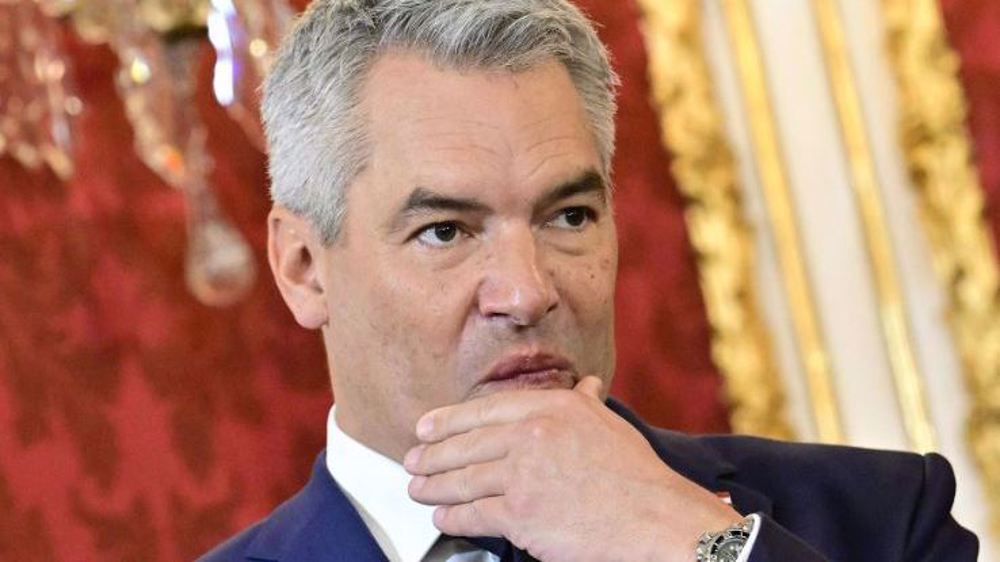
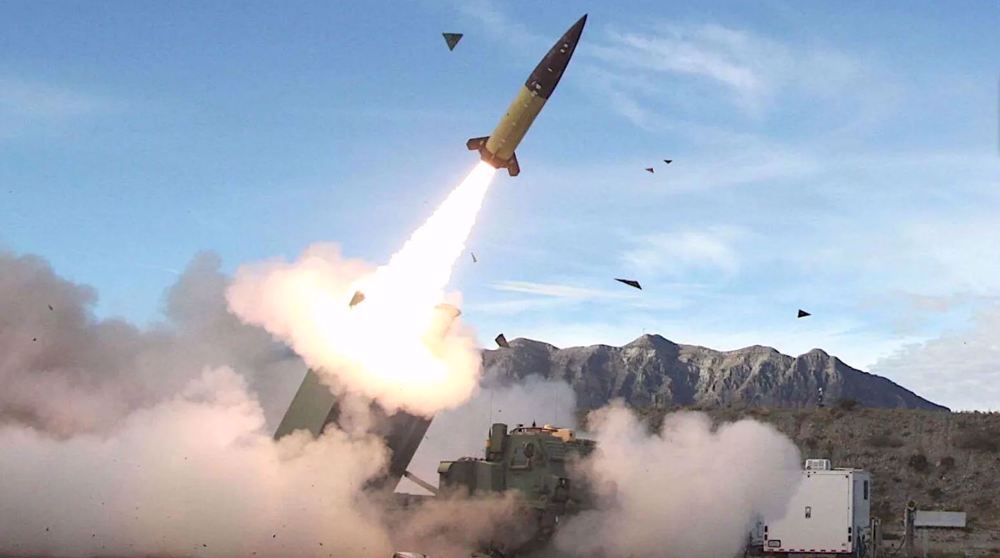







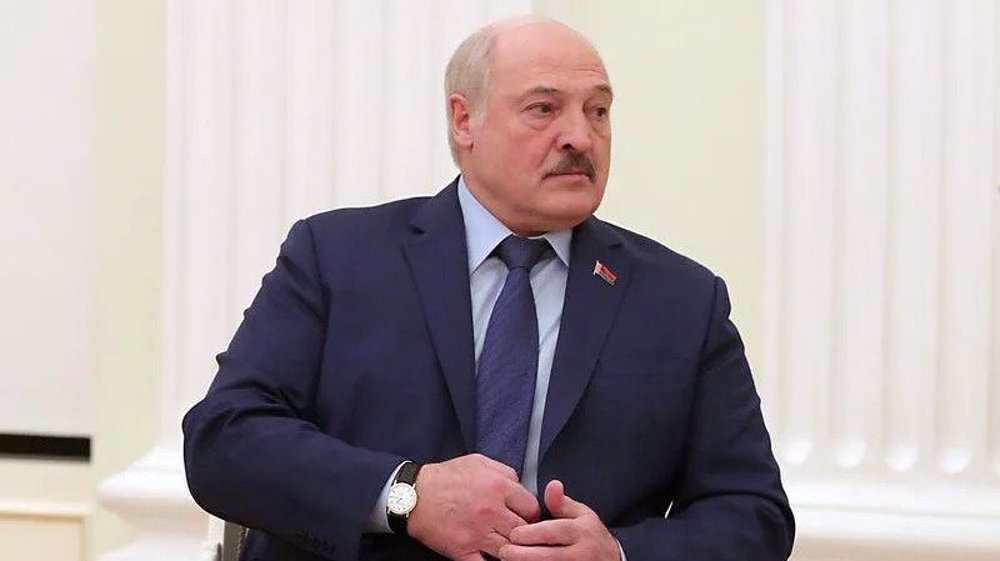

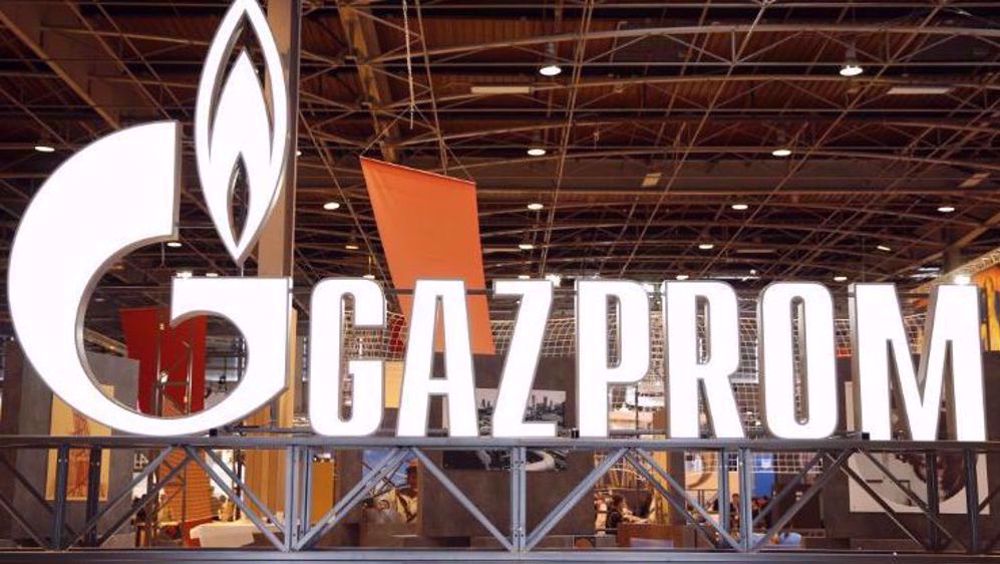
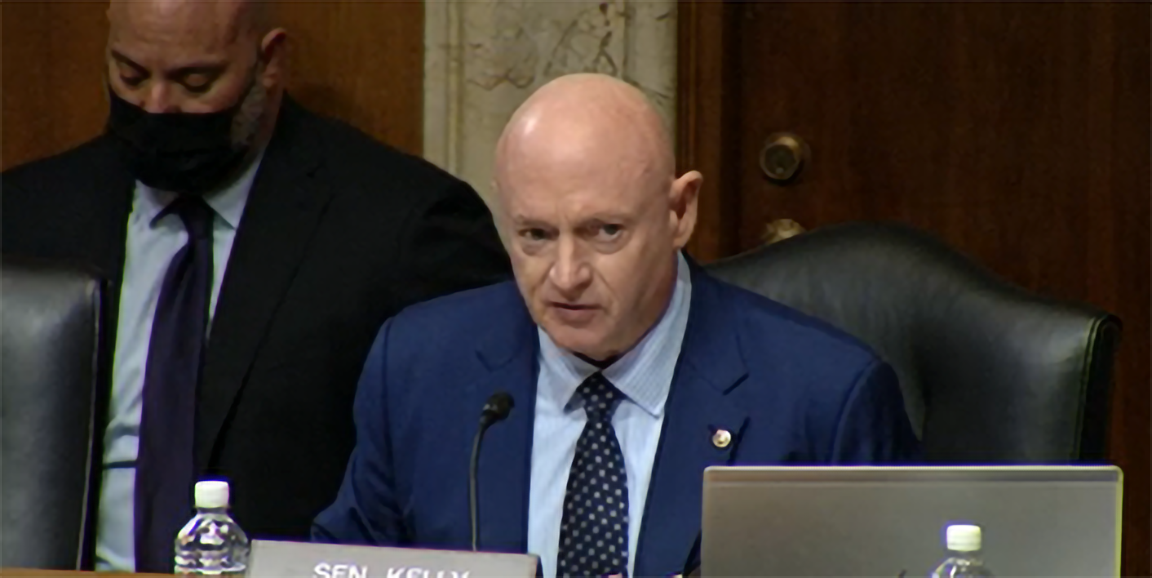

 This makes it easy to access the Press TV website
This makes it easy to access the Press TV website